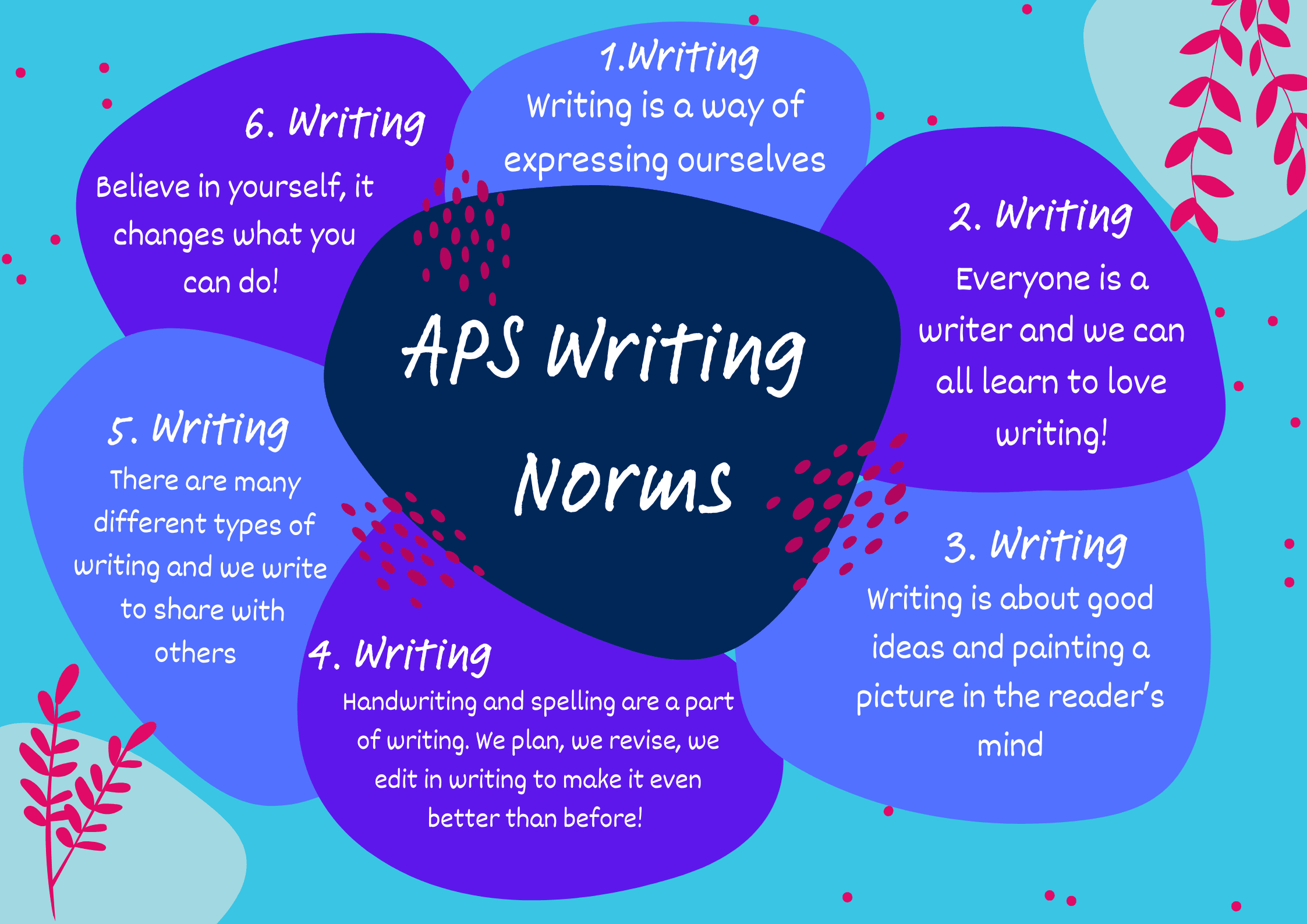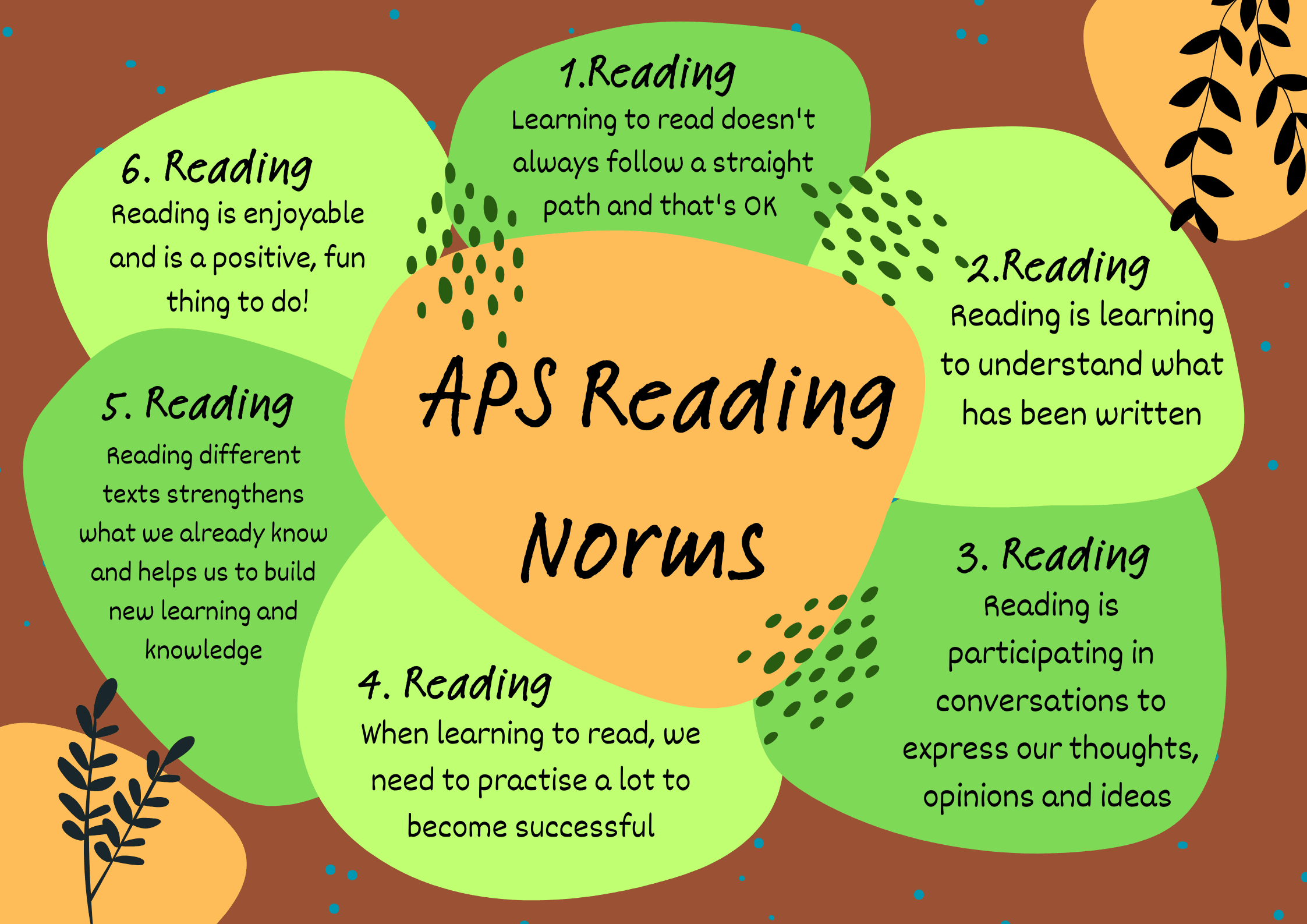Literacy Focus
At Anchorage Park School, we engage our students by using high quality teaching practices in literacy so they are able to become increasingly skilled and sophisticated in mastering the foundations of literacy. English is critical for students to be able to engage successfully with all curriculum learning areas. Being literate in reading, writing and oral language, enables our students to be confident and competent learners and empowers them to access knowledge, express themselves, and engage with the world around them.
Structured Literacy
Our structured literacy approach is carefully embedded within our learning programmes providing a systematic and explicit method for teaching reading and writing. Structured literacy guides students on a journey from 'learning to read' to 'reading to learn,' focusing on vocabulary development and reading for meaning. This comprehensive approach ensures students become confident and competent readers and writers. Structured literacy is explicit, systematic, and sequential. It focuses on teaching the structure of language, including phonology, orthography, morphology, syntax, and semantics.
Here are the key components of structured literacy:
Phonology: Understanding the sound structure of spoken words.
Orthography: Learning the relationship between sounds and their corresponding letters and letter patterns.
Morphology: Studying the smallest units of meaning in words, such as roots, prefixes, and suffixes.
Syntax: Learning the rules that govern sentence structure.
Semantics: Understanding the meaning of words and sentences.
Key features of structured literacy
Explicit Instruction: Concepts are taught directly and clearly.
Systematic and Sequential: Instruction follows a planned scope and sequence, starting with the simplest concepts and gradually progressing to more complex ones.
Diagnostic Teaching: Ongoing assessments are used to inform instruction and provide targeted support based on students' needs.
Cumulative Review: Previously learned concepts are continually revisited to reinforce learning.
Focus:
The BSLA is a strengths-based approach that aims to accelerate foundational literacy knowledge, especially in children with lower levels of oral language.
Key Features:
Structured and Systematic: It follows a structured scope and sequence, teaching language concepts systematically and explicitly.
Explicit Instruction: Teachers explain concepts directly and clearly, providing guided practice.
Phonology and Sound-Symbol Association: The program emphasizes phonemic awareness, phonics, and the relationship between sounds and symbols.
Systematic and Cumulative Instruction: It builds cumulatively, starting with simple concepts and progressing to more complex ones.
Resources:The BSLA provides resources for families, including access to early readers and teaching notes, enabling parents to actively support their child's reading journey.
Alignment:The BSLA aligns with Phases 1, 2, and 3 of Te Marautanga, the English Learning Area in New Zealand.
Effectiveness:Research has shown that the BSLA is effective at accelerating foundational literacy knowledge in children with lower levels of oral language.
We have developed a set of reading and writing norms to encourage our learners to foster a love of reading and writing as we prepare our students for lifelong learning and success in an ever-evolving world.



